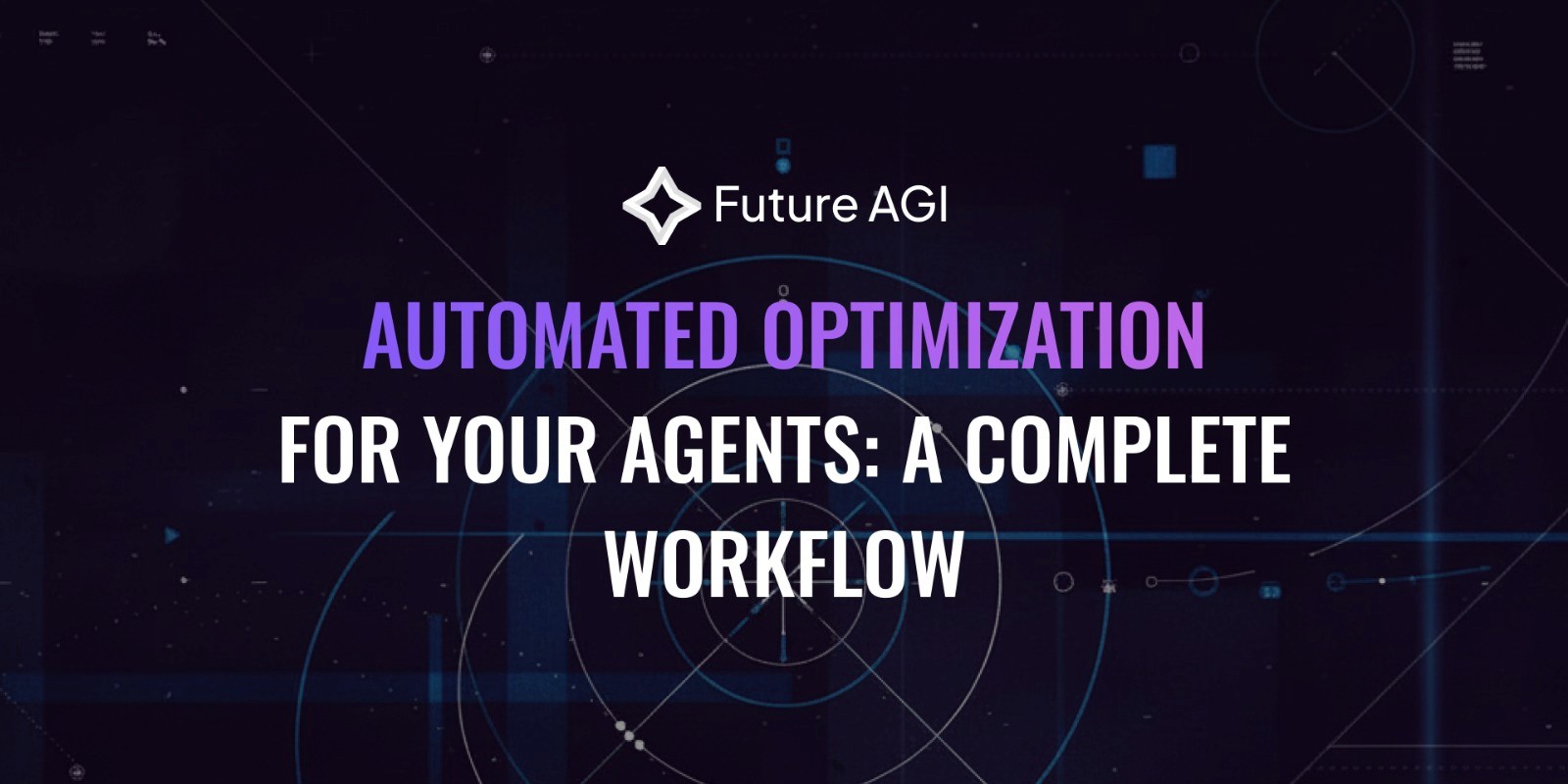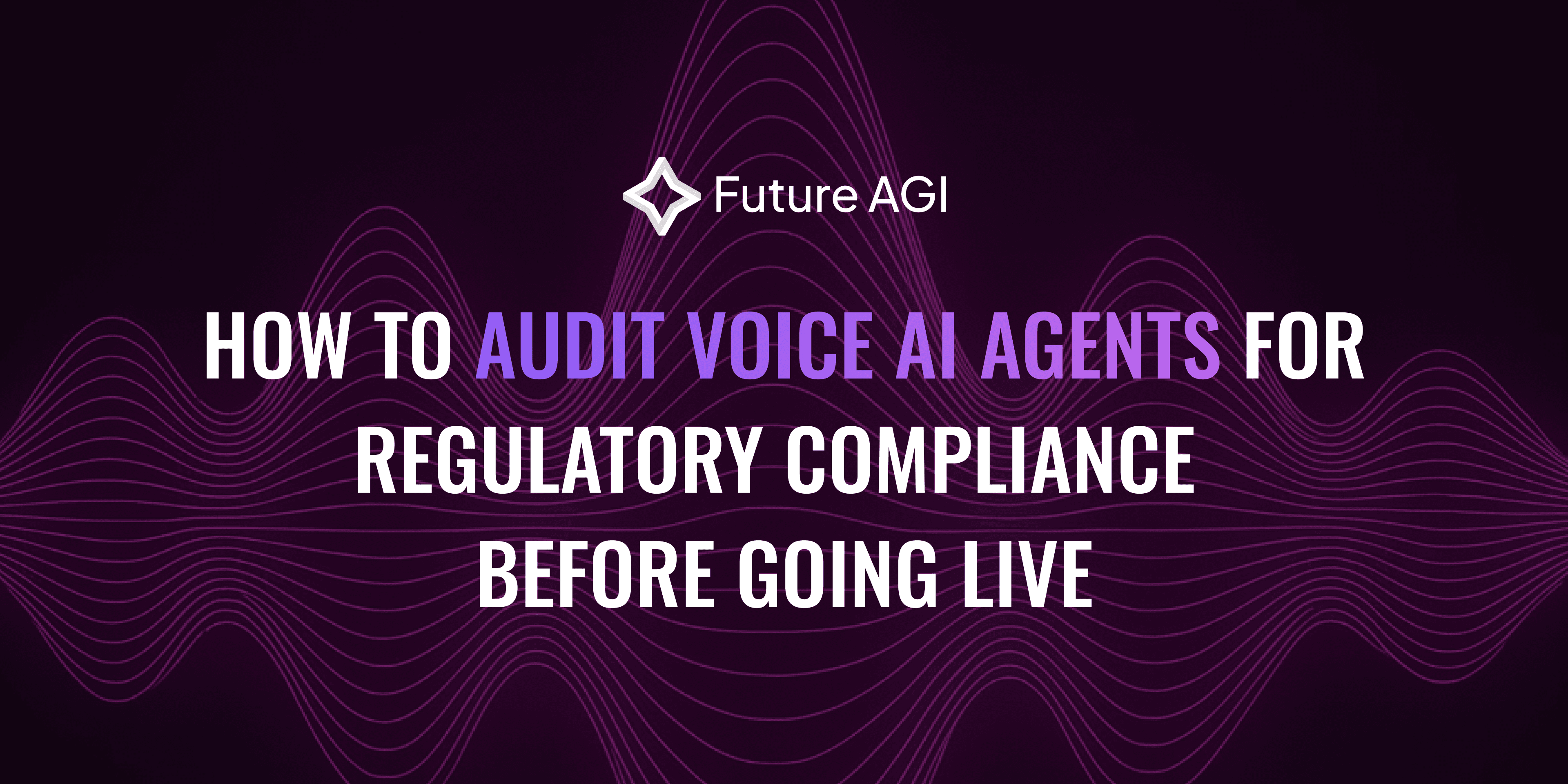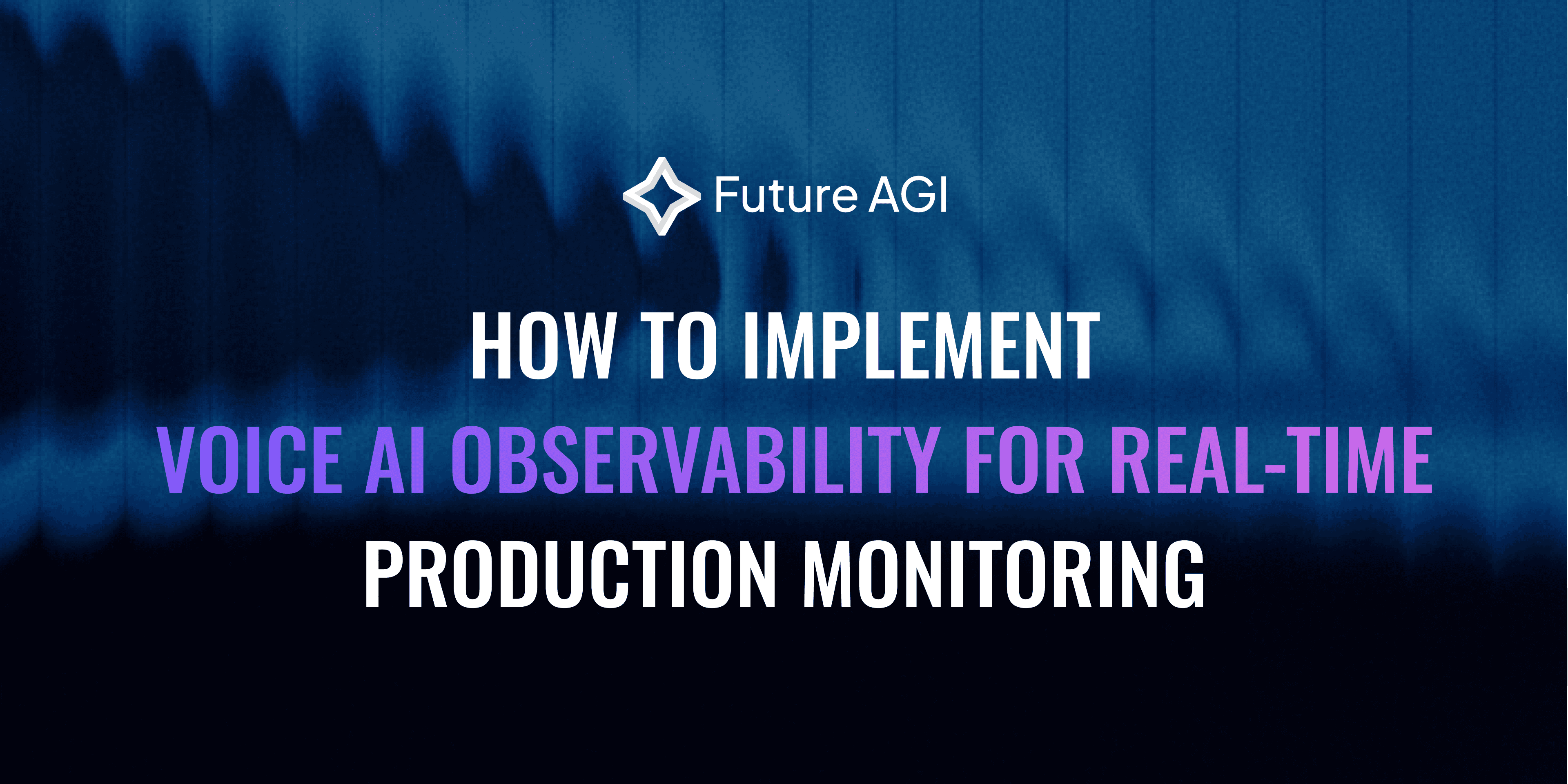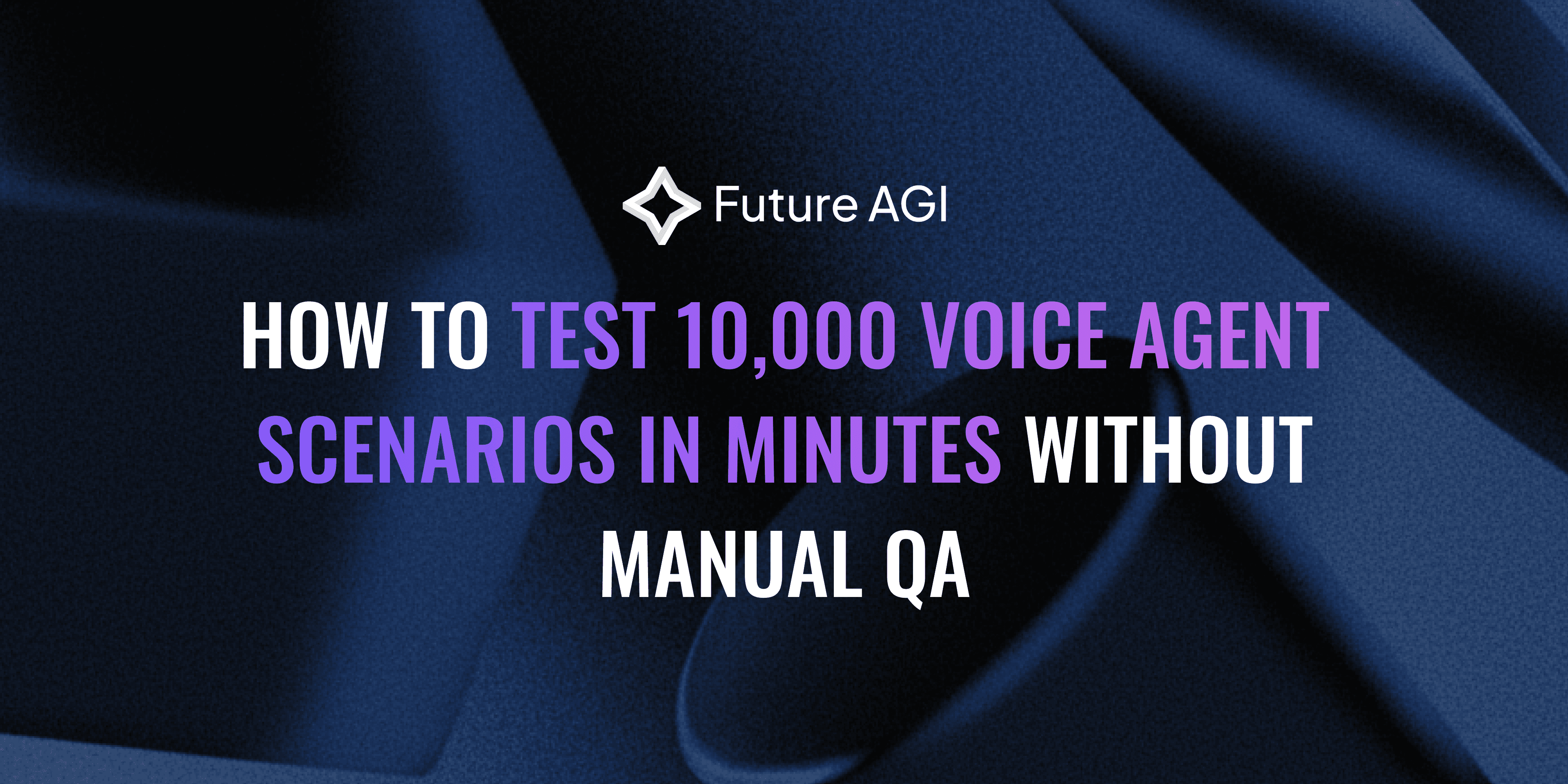Introduction
Large-language models (LLMs) are quickly weaving themselves into day-to-day workflows, yet their power comes with pitfalls. LLM guardrails are therefore no longer optional. After all, a single hallucinated statistic, a biased recommendation, or a cleverly crafted prompt-injection attack can snowball into compliance headaches, brand-damage headlines, and—worst of all—lost user trust. Consequently, engineering and product teams have placed LLM guardrails at the very top of their to-do lists. Well-designed LLM guardrails rein in errant behaviour, reinforce ethical boundaries, and give organisations a solid, scalable foundation for responsible AI.
This guide tackles three practical questions:
Exactly what are LLM guardrails?
Why do they matter so much right now?
How can you set them up without throttling innovation?
Let’s dig in.
What Exactly Are LLM Guardrails?
For large-language models, think of LLM guardrails as the seat belt and the speed limiter. In essence, by combining technical defences with policy regulations, they keep outputs safe, dependable, and brand-consistent.
Typical guardrail layers include:
First, input- and output-filtering that captures text that is harmful, off-topic, or violates policy.
Second, prompt-injection shields that prevent attempts to hijack system instructions.
Third, fairness and factual limitations hard-coded to enforce ethical standards.
Fourth, role-based access control so that only authorised users reach sensitive features.
Finally, explainability hooks and logging that track every complex question and response.

Image 1: Working of LLM Guardrails
Without these LLM guardrails, a model may blunder badly—particularly when confronted with malicious prompts or edge-case queries.
Why Are Guardrails Essential for LLM Deployment?
Risk Mitigation
Moreover, LLM guardrails act as a continuous quality filter in high-stakes fields like healthcare, finance, and legal research, screening hate speech, misinformation, and clinically harmful advice before it reaches the user.Regulatory Compliance
Likewise, they help ensure your AI systems stay aligned with laws such as the EU AI Act, GDPR, and HIPAA, thereby lowering audit and liability risks.Brand Alignment
Furthermore, by making sure AI responses reflect your company’s tone, policies, and values, LLM guardrails prevent PR disasters and disappointing user experiences.Cybersecurity Reinforcement
In addition, guardrails limit the attack surface, block prompt-injection exploits, and stop unauthorised data access, cementing their place in any AI security stack.Scalability with Trust
As a result, when you scale LLMs across multiple products, LLM guardrails help maintain consistent governance, response quality, and performance.
How to Design and Implement Effective Guardrails
Engineering leaders can follow a logical five-step process:
Step 1: Assess Current Systems
Initially, audit existing AI pipelines. Look for:
Points of failure in earlier AI outputs
Access-control weaknesses
Regions that violate data laws
This baseline, therefore, pinpoints vulnerable areas and shows where LLM guardrails must be strengthened.
Step 2: Define Domain-Specific Guardrails
Next, create regulations tailored to your sector:
Clean input and output text
Use fairness-auditing tools
Apply ethical frameworks to curb bias and misinformation
Restrict access through roles or permissions
Importantly, involve legal, product, and data-governance teams in drafting these rules.
Step 3: Embed Guardrails in AI Pipelines
Then, integrate LLM guardrails directly into deployment workflows without interrupting operations:
Insert filters in inference layers
Apply real-time validators before user output
Enforce rate caps and API throttling
When done correctly, safety rises while speed remains intact.
Step 4: Test and Benchmark
Afterward, stress-test with adversarial prompts, scenario-based validations, and comparisons against human-approved content. Consequently, you confirm that your guardrails hold under real-world pressure.
Step 5: Monitor and Optimise Continuously
Finally, because AI evolves, your guardrails must too. Use:
Real-time monitoring dashboards
Alerting systems for anomalies
Regular policy updates as models or regulations change
By following these steps, you ensure LLM guardrails stay current with emerging standards.
What Tools and Platforms Can Help?
Effective enforcement often involves dependable platforms such as:
OpenAI Moderation API: Automatically detects hateful, violent, or sexual content—ideal for real-time interactions.
IBM Watson OpenScale shines in regulated sectors because it offers explainable artificial intelligence, bias tracking, and compliance monitoring.
Popular with developers for prompt-injection defence, output validation, and structure enforcement, LangChain + Guardrails AI
Google Vertex AI and AWS AI provide scalable infrastructure including security for hosting models, access restrictions, and built-in governance.
How to Explain Guardrails to Business Teams
For Executives
To begin with, frame LLM guardrails as risk-mitigation pillars.
Cite metrics such as “Guardrails cut policy violations by 70 % in two months.”
Thus, position them as the safest path to scale AI.
For Legal & Compliance Teams
Similarly, emphasise adherence to GDPR, HIPAA, and related laws.
Share data logs and auditing tools for AI decisions.
Together, define policy-aligned actions.
For Product Teams
Equally important, translate technical risks into user-experience risks.
Put proactive restrictions in place so that trust is built early.
Encourage shared responsibility across roles.
Real-World Case Studies That Prove Guardrails Work
Shopify: Scaling AI Content Safely
Problem: Shopify generated product descriptions at scale; without barriers, offensive or erroneous content risked slipping through.
Solutions: Real-time filters, anomaly detection, policy rollback.
Impact: 80 % reduction in moderation time, 99.5 % policy adherence, 70 % less manual review workload.
Microsoft Copilot: Preventing Prompt Injection
Problem: Early tests revealed vulnerabilities to prompt-injection attacks.
Solutions: Input sanitisation, role-sensitive filters, API-level limits.
Impact: Over one million breach attempts blocked monthly, 35 % rise in user confidence, 50 % drop in IT support load.
Clearly, these stories prove that robust LLM guardrails boost safety and ROI.
Conclusion
Instead of obstacles, LLM guardrails are launching pads. They enable safe, transparent, large-scale AI operations. Accordingly, establishing boundaries means taking responsibility for performance, user welfare, and trust. Installed properly, guardrails will not slow you down; rather, they clear the path ahead.
🌐 Ready to Secure Your AI Stack?
Discover Future AGI, the platform built for responsible LLM deployment. Our resources help you:
Set up proactive LLM guardrails in minutes
Stay ahead of compliance risks
Monitor and improve AI behaviour continuously
Deploy AI confidently. Deploy with Future AGI.
FAQs









